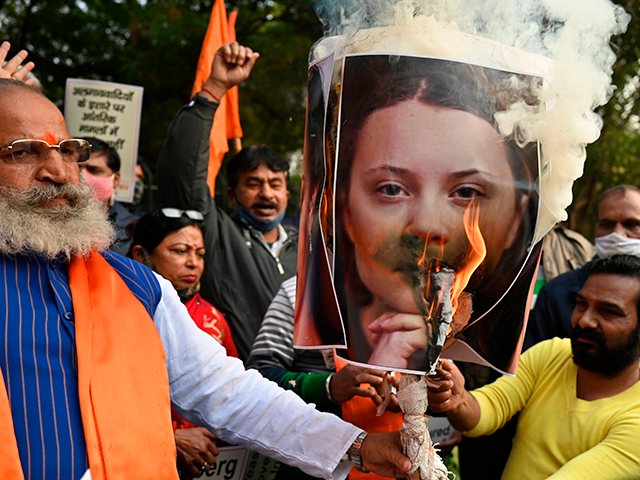The once revered Lancet medical journal has launched a warning that skeptics of a looming climate emergency may be getting the upper hand, calling for a renewed effort to provoke climate action.
“We have badly underestimated the political headwinds that have arisen since the Paris Agreement of 2015,” laments Lancet editor-in-chief Richard Horton in the latest issue of the journal.
“The unpleasant reality is that, despite the Paris Agreement, the arguments over the need for climate action have still not been won,” he contends. “That is because climate and health scientists and advocates have no strategy to trigger political change.”
According to Horton, part of the problem has been caused by populism, which has “scarred possibilities for political consensus,” while undermining “international cooperation and support for multilateral institutions.”
“And there is renewed scepticism among some politicians about the wisdom of pursuing net zero at all,” he cautions, citing the example of Donald Trump in the United States.
"No one — not even if you’re worth billions — pisses away $43 million. Which proves that just like CNN and Barack Obama, Bill Gates is a Climate Change activist who knows it’s all a hoax." https://t.co/3zNZm5IBp0
— Breitbart News (@BreitbartNews) April 24, 2020
“Donald Trump has already said that, if elected to a second term as US President, he will drive forward fossil fuel production, sideline mainstream climate scientists, and overturn rules curbing greenhouse gas emissions,” Horton writes, noting that Trump thinks renewable energy is “a scam business.”
Horton bewails the ignorance of the left as to “how power is distributed and manipulated,” adding that we “do not take account of the motivations of those who wield power” and “misinterpret the rules and constraints that shape political life.”
What Horton fails to mention is that the rise in climate skepticism is driven in large part by scientists themselves, who are challenging in ever greater numbers the alarmism that energizes climate activists.
In August 2023 a group of more than 1,600 eminent scientists, including two Nobel Prize winners, issued the “World Climate Declaration,” in which they stated outright: “There is no climate emergency” and therefore, “there is no cause for panic and alarm.”
RELATED: “KICK THEM OUT!” Fans BOO Climate Change Activists Disrupting U.S. Open
@TroyHeibein / SPORTS REPORT+ /TMX“Climate science has degenerated into a discussion based on beliefs, not on sound self-critical science,” the scholars asserted, enumerating a number of reasons for their criticisms.
“Scientists should openly address uncertainties and exaggerations in their predictions of global warming, while politicians should dispassionately count the real costs as well as the imagined benefits of their policy measures,” they declared.
The solution to this dismal situation, Horton writes, is to stop treating climate, biodiversity loss, and other societal challenges “as if they were separate problems,” when in reality they are “interconnected.”
This is good. https://t.co/vyL5Gruw1P
— Breitbart News (@BreitbartNews) May 27, 2017
“Strengthening the biosphere will support climate mitigation, biodiversity, and human health,” he argues, and thus, along with “ambitious emissions reductions,” we should also campaign “to protect up to half of surface areas across land, freshwater, and oceans.”
“We must embrace a broader definition of sustainability: call it climate plus,” he proposes.
In the end, Horton’s analysis is pessimistic, concluding that “in crafting our post-2030 prospects, we all have important lessons to learn.”

COMMENTS
Please let us know if you're having issues with commenting.